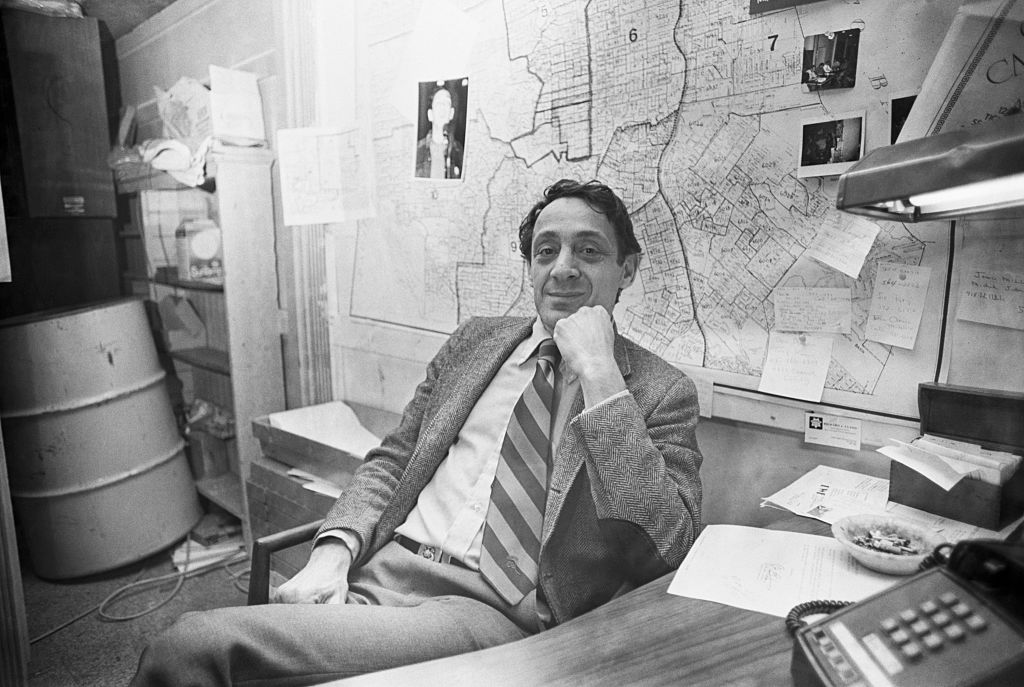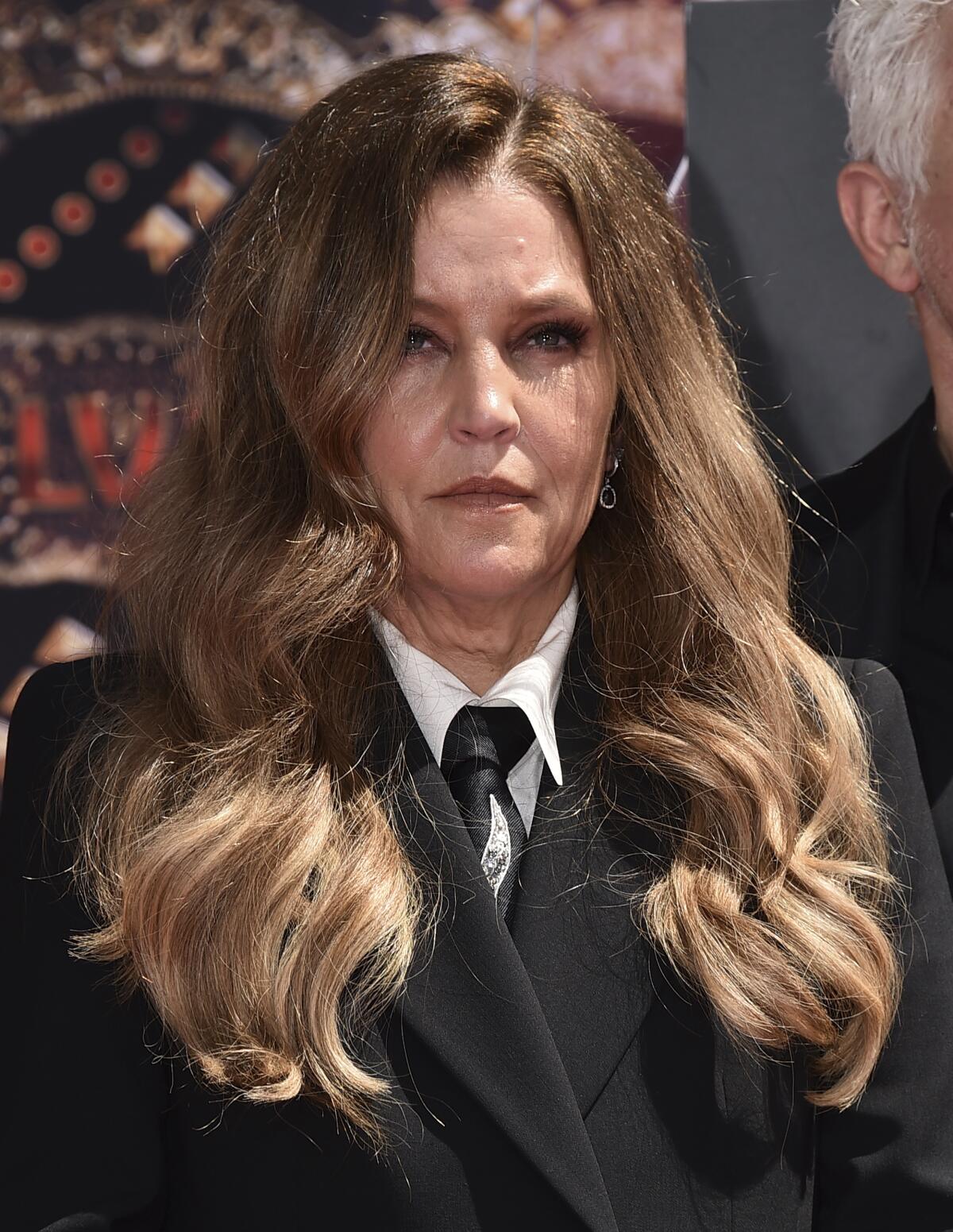
Introduction
Harvey Milk, a pioneering activist and politician, holds a crucial place in the history of LGBTQ+ rights in the United States. As one of the first openly gay elected officials in the nation, Milk’s career and tragic assassination in 1978 marked significant milestones in the fight for equality. His life and legacy continue to inspire a new generation of activists and serve as a reminder of the ongoing struggle for LGBTQ+ rights across the globe.
The Rise of Harvey Milk
Born on May 22, 1930, in Woodmere, New York, Harvey Milk initially pursued a career in the Navy before transitioning to the world of business and then politics. He moved to San Francisco in the 1970s, where he quickly became an integral figure in the city’s burgeoning gay rights movement. Milk’s charisma and determination helped to unify the LGBTQ+ community, and he co-founded the Castro Village Association, which aimed to promote local businesses and community services.
Political Milestones
In 1977, Milk made history by becoming the first openly gay elected official in California after winning a seat on the San Francisco Board of Supervisors. During his brief tenure, he championed progressive policies, such as the development of a gay rights ordinance and initiatives to combat discrimination. One of his most notable achievements was the successful effort to defeat Proposition 6, a statewide ballot measure that sought to ban gay and lesbian individuals from teaching in California schools.
The Tragic Ending
On November 27, 1978, Harvey Milk and San Francisco Mayor George Moscone were assassinated by former supervisor Dan White. This shocking event sent shockwaves through the nation and sparked outrage among the LGBTQ+ community and their allies. Milk’s death underscored the dangers faced by activists and initiated a more profound dialogue about the need for legislative protections against discrimination and violence.
Harvey Milk’s Ongoing Legacy
In the years since, Harvey Milk has become an enduring symbol of the struggle for LGBTQ+ rights. The annual Harvey Milk Day celebration on May 22 serves as a reminder of his contributions and encourages activism and awareness. In 2009, President Barack Obama posthumously awarded him the Presidential Medal of Freedom, further cementing his importance in American history.
Conclusion
Harvey Milk’s legacy remains relevant today as activists continue to fight for equality and protection against discrimination. His life exemplifies the power of courage and empathy in overcoming hate and injustice. As society confronts new challenges, the lessons learned from Milk’s activism serve as a powerful motivating force for those committed to justice and equality in the present and future.
You may also like

Marie Hobinger: A New Force in Environmental Activism

David Lammy: Championing Justice and Equality in Politics
